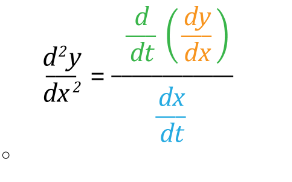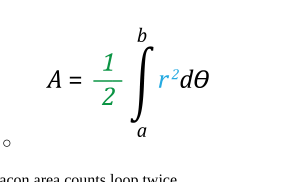calc
1/29
There's no tags or description
Looks like no tags are added yet.
Name | Mastery | Learn | Test | Matching | Spaced |
|---|
No study sessions yet.
30 Terms
IVT condition
If f(x) is continuous on [a,b] and y is between f(a) and f(b),
IVT gist
if the function is continuous over an interval and “y” is between endpoint y values, then there has to be a point in the interval where the function’s value equals y
EVT condition
if f(x) is continuous on the closed interval [a,b],
evt gist
any interval on a function has a max point and min point
inverse trig derivatives
speed up slow down
v and a signs
derivative of inverse
2nd deriv para process

formula
MVT condition
if f is diff on (a,b) and cont on the [a,b],
MVT gist
if the function is cont and diff on the interval, there is one point whose derivative is the same as the derivative of the whole interval (parallel tangent line to secant)
rolles condition
If f is diff on (a,b), cont on [a,b], and f(a) = f(b) = 0,
rolles gist
if the end points equal 0, then there is a point on the interval where the slope is 0 (rel min or max)
trapezoid rule
simpsons rule
trig integrals
length of a curve
parametric length of curve
polar length
polar area

trig derivatives
mass formula
mass = density * (length, area, or volume)
dot product
well known power series
integral test conditions
function is positive, strictly decreasing, and continuous
to prove these, take derivative. if it exists, then cont, and if less than 0, integral decreases
ratio test conclusiosn
L is the limit as n approaches infinity of |term n + 1 over term n|
if L < 1, series converges absolutely
if L > 1, series diverges
if L = 1, test fails
limit comparison test conclusions
put the summand for unknown series on top of summand for known series
L is the limit of that quotient as n approaches infinity
if L > 0 then top converges/diverges based on if bottom does
if L = 0 and bottom converges, then top converges
if L = infinity and bottom diverges, then top diverges
combining series conclusions
if both series converge, then sum converges
if one converges and other diverges, sum diverges
if both diverge, indeterminate
geometric remainder
Rn = S - Sn
S = t1 over 1 - r (partial sum)
Sn = t1 times 1 - r to the n over 1 - r (nth term)
estimate remainder integral test
only if fulfils integral test conditions
take the integral from n (not n +1) to infinity of the function
remainder has to be less than or equal to that absolute value